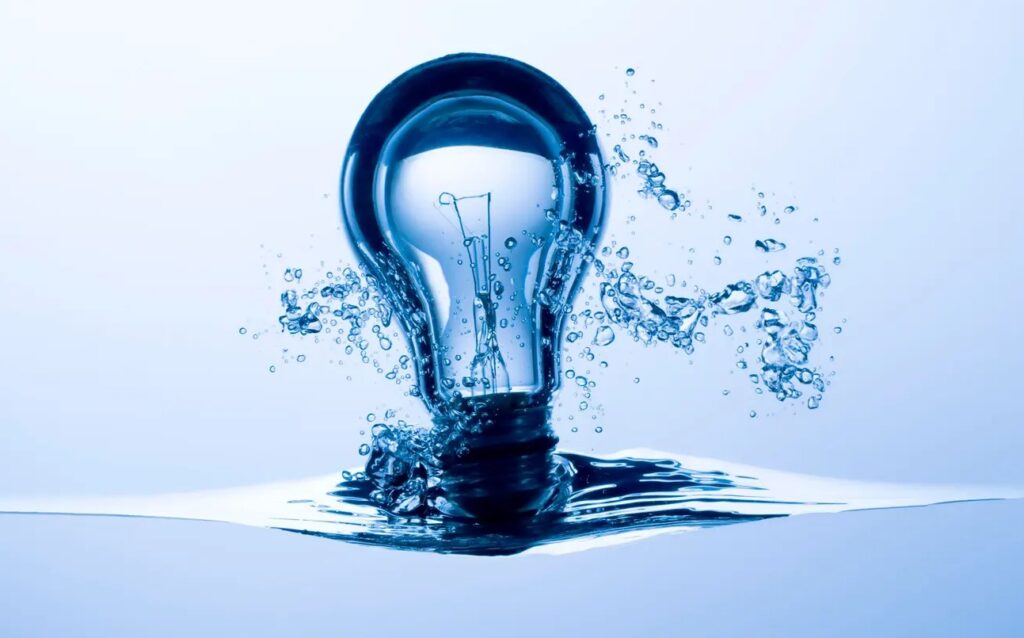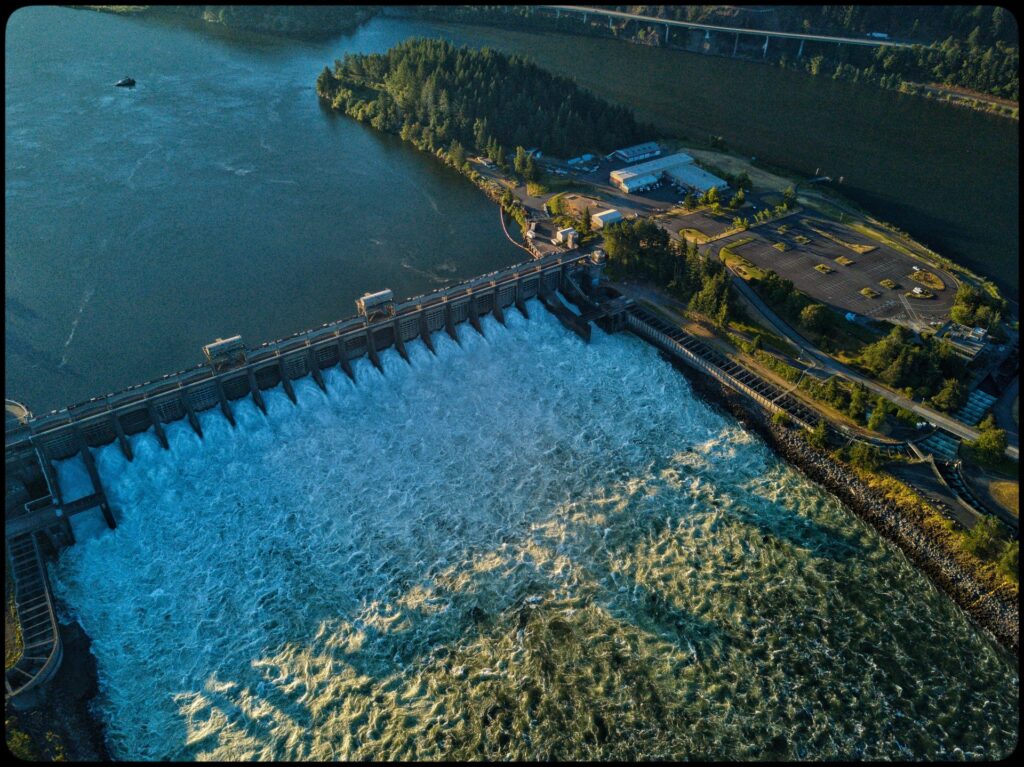
India’s ambitious renewable energy targets require innovative solutions to ensure reliable and sustainable power generation. One crucial component that plays a significant role in supporting the operations of renewable energy projects is efficient water storage solutions. Let’s delve into how water storage facilitates and enhances the development and functioning of renewable energy initiatives across India.
Hydropower Generation
Water storage reservoirs are integral to hydropower generation, a key renewable energy source in India. These reservoirs store water, which is released to drive turbines and generate electricity during peak demand periods. By regulating water flow, storage reservoirs optimize energy output and provide essential backup during intermittent renewable energy production, such as from solar and wind sources.
Integration with Solar and Wind Energy
Water storage complements the variability of solar and wind energy production. During periods of peak sunlight or wind, excess energy can be used to pump water into elevated reservoirs or storage tanks. This stored water can then be released to generate hydropower during low renewable energy generation periods, ensuring a consistent and stable electricity supply to the grid.
Enhanced Grid Stability
Integrating water storage into renewable energy projects enhances grid stability by balancing supply and demand fluctuations. This stability is crucial for maintaining grid reliability and reducing dependence on fossil fuel-based power plants for backup generation. Water storage systems act as a reliable energy storage medium, providing grid operators with flexibility in managing electricity supply during variable renewable energy output.
Supporting Rural Electrification
Water storage solutions can also support decentralized renewable energy projects in rural and remote areas of India. Micro-hydropower systems, utilizing small-scale water storage and flow, can provide electricity to off-grid communities. These systems are sustainable, environmentally friendly, and contribute to local economic development by reducing dependence on traditional energy sources.
Water-Energy Nexus
The water-energy nexus emphasizes the interconnected relationship between water availability and energy production. Water storage solutions optimize water resources, ensuring adequate supply for both energy generation and agricultural needs. In regions facing water scarcity or seasonal variability, integrated water management strategies enable sustainable utilization of water resources to support renewable energy projects without compromising agricultural productivity.

Climate Resilience
Climate change poses challenges to renewable energy production due to its impact on weather patterns and water availability. Water storage infrastructure enhances climate resilience by mitigating risks associated with extreme weather events. Reservoirs can store excess water during wet seasons and release it gradually during dry periods, ensuring continuous energy production and minimizing environmental impacts.
Economic Benefits
Investing in water storage infrastructure for renewable energy projects stimulates economic growth through job creation, infrastructure development, and enhanced energy security. It attracts private investments in renewable energy initiatives by providing reliable and predictable energy output, thereby fostering a conducive environment for sustainable development in India’s energy sector.
Policy and Regulatory Support
Government policies and regulatory frameworks play a pivotal role in promoting water storage solutions for renewable energy integration. Incentives such as subsidies, tax breaks, and favorable tariffs encourage investments in hydropower and pumped-storage projects. Clear regulations and streamlined approval processes facilitate the development of water storage infrastructure, ensuring compliance with environmental standards and community interests.
Conclusion
Water storage solutions are indispensable for supporting India’s renewable energy sector, enhancing energy reliability, grid stability, and climate resilience. By optimizing water resources and integrating with solar, wind, and hydropower generation, water storage systems contribute to sustainable energy development while addressing challenges posed by climate change and water scarcity. Embracing innovative approaches in water-energy management will pave the way for a resilient and sustainable energy future in India.
By leveraging the synergies between water storage and renewable energy, India can accelerate its transition towards a low-carbon economy, reduce greenhouse gas emissions, and achieve its renewable energy targets effectively. Continuous advancements in technology and policy frameworks will further enhance the role of water storage in supporting the growth and sustainability of India’s renewable energy sector.


